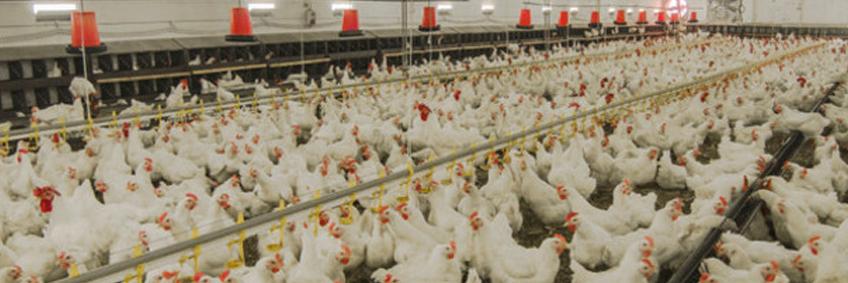Supply crunch leads to rise in poultry prices in Kerala

Binny Ematty, State president of the Poultry Farmers & Traders Committee, attributed the surge to lower production in Kerala and Tamil Nadu on the fears of a price drop in the GST era. Coupled with this, the majority of small-scale poultry farmers sold their stock at higher rates in the last few weeks and was reluctant to start breeding new stocks.
This has created a shortage in the market and impacted chicken arrivals, he said. Hailing the introduction of GST on poultry, Emmatty said that “nil tax” on broiler chicken would encourage consumption of poultry meat, a major source of protein for the common man, at affordable rates. Kerala is the only State levying a 14.5% VAT rate on broiler chicken and poultry feed and the removal of all these taxes is expected to benefit both consumers and poultry farmers in a big way. Roughly, broiler chicken sales in Kerala stood at 1 crore kg a week, valued at INR 4,000 crore. The State achieved 80% self-sufficiency in production of poultry meat, with Tamil Nadu supplying the balance, he added.
Meanwhile, the Kerala Hotel and Restaurant Association has sought government intervention to arrest the price rise under GST after waiving purchase tax. They blamed traders for the artificial hike — saying they had raised tax at INR 30 per kg. There were also apprehensions over the dumping of live chicken from Tamil Nadu as the cost of production is 15- 20% lower. This may impact domestic production, sources in the trade said.
source: www.hospitalitybizindia.com









.jpg)



